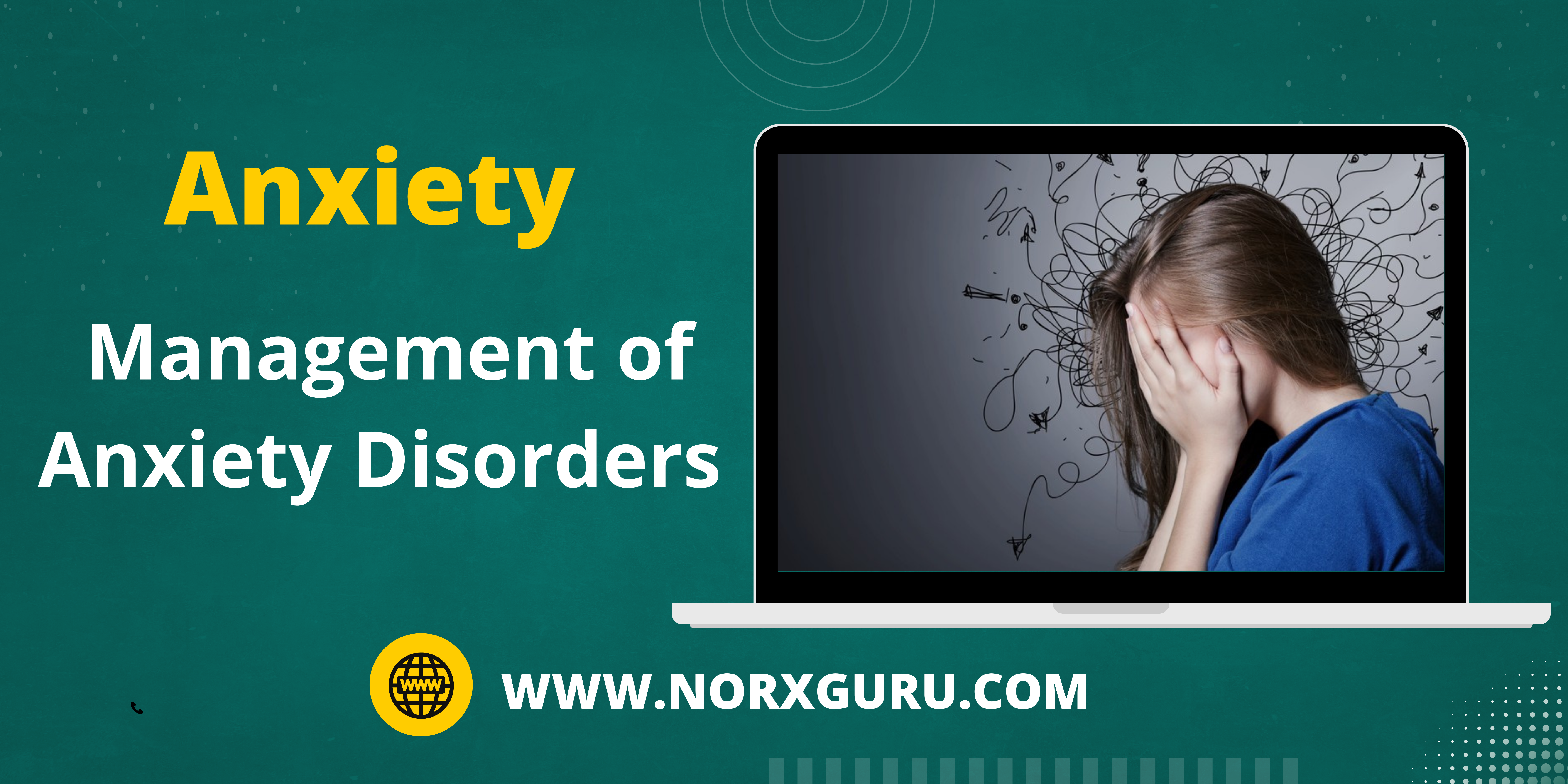If you are worried that you may have an anxiety disorder or have noticed anxiety symptoms and don’t know if you should seek medical help, this article should help clear a few things.
What is Anxiety?
When you have a crucial office meeting or have a life-changing decision to make, or even if you have a test or are meeting someone after a long time, you may feel stressed, and your body’s natural response to stress is anxiety. Anxiety isn’t always bad; it can serve as a driving force. For example, if you’re anxious about a test, you are likely to study more and score well because of anxiety. However, it can also be difficult if you have excessive anxiety, which makes it difficult to function throughout the day. If you get anxious frequently, this can be a sign of an anxiety disorder.
What are Anxiety disorder?
An anxiety disorder differs from normal feelings of nervousness or stress and causes excessive fear or anxiety. Anxiety disorders are the most common mental disorders affecting nearly 30 percent of adults at some point in their lives. Research has shown that women are more likely to experience anxiety disorders. However, anxiety disorders are treatable.
Types of Anxiety Disorders
- Generalized Anxiety Disorder – GAD inculcates persistent and excessive worry that hinders daily activities. These may include daily stress triggers like family wealth, car repairs, appointments, etc.
- Phobias or specific phobia – A specific phobia is an excessive and persistent fear of a situation, object, or activity that triggers anxiety, for example, fear of heights, insects, water, etc.
- Agoraphobia – This is the fear of being in situations where you can’t find or locate the exit or fear there won’t be any help available. For instance, if you are in enclosed spaces, standing in a crowded place, or being in an unknown or unfamiliar place.
- Social Anxiety Disorder – Social Anxiety is when you fear being negatively judged by people so much that you start to avoid gathering altogether. You may feel anxious with the thought of being embarrassed, humiliated, looked down on, or even rejected.
- Separation Anxiety Disorder – Most commonly found in children and pets. Separation anxiety disorder is when you feel anxious with the thought and actual event of separation from someone you are emotionally attached to.
- Panic Disorder – Panic attacks happen as a response to a feared object or may occur without any logical reason. Panic disorder has symptoms of recurrent panic attacks, which are overwhelming physical and psychological distress, like palpitations, trembling, difficulty breathing, numbness, nausea, fear of losing control or fear of dying, chest pain, chills, or hot flashes.
Anxiety management of Anxiety Disorders
You can treat Anxiety Disorders, and the key to it is persistence and patience. With whichever method you choose to follow, you should know that it would be best to see it through and not leave it midway.
- Recognize your symptoms and take professional advice and help if needed – Most mental disorders are sidelined because they are “manageable.” It would be best to seek the advice of a professional.
- Quit smoking and reduce caffeine intake – Smoking is known to be harmful to your health, and irrespective of the momentary pleasure it provides, it is not helping you lessen your anxiety. Caffeine is known to “wake you up” and as a stimulant. However, it is responsible for triggering anxiety and increasing the risk of anxiety attacks.
- Healthy Diet – You’ve probably heard this a million times already. Irrespective, a good and healthy diet helps you reduce anxiety symptoms, while fast foods and fatty oils may increase the risk of the symptoms.
- Staying physically active – All the needed feel-good hormones that naturally make you “feel good” are released when you are physically active. This is the most common natural way to decrease anxiety. A short walk up to proper gyming will improve your mental and physical health combined.
- Avoid alcohol and recreational drugs – The most significant step you will take after acknowledging your anxiety disorder will be removing or avoiding the toxic things in your life. Alcohol and drugs are both used for feelings of euphoria, but they have adverse effects on your anxiety.
- Stress management and relaxation techniques – Doctors recommend psychotherapy and other methods like journaling, meditation, yoga, and doing things that genuinely make you feel better.
- Maintaining a proper sleep cycle and sleep hygiene – In a world where everyone is obsessed with being “The First,” it is essential not to neglect your sleep. Lack of or insufficient sleep can severely impact your mental, emotional and physical state.
- Identify your triggers – In the case of phobias and other anxiety disorders, it is vital to identify your triggers which are basically what causes you to feel anxious. This will help a great deal in figuring out how to go about your treatment. It’s similar to finding where you’re bleeding from to get the right help.
- Medications – It seems easy to pop a pill. However, it is advised to have medicines with and not as a replacement for other methods of managing your anxiety disorder. You can Buy Anxiety Pills Online as per the directions of your doctor. The most commonly prescribed medication in the US for anxiety is Xanax, which is available in various dosage strengths based on the severity of your disorder.

